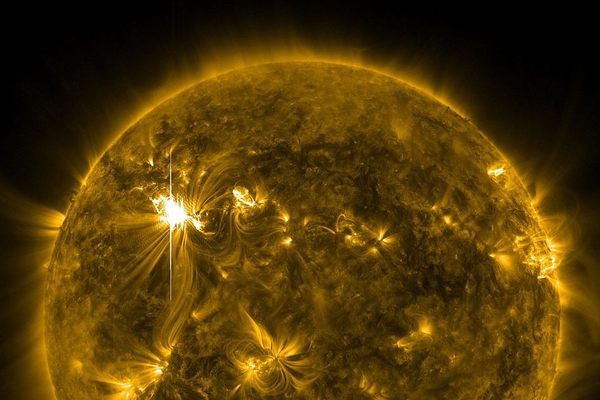How Brexit Could Be a Disaster for British Scientists
Stephen Hawking predicted as much.

(Photo: John Cairns/CC BY 4.0)
Stephen Hawking, who is the world’s most famous scientist, has been saying for months now that a British exit from the European Union would be a disaster for scientists in the country.
Great Britain gets a huge amount of money from the E.U. to undertake research, for one thing, but, beyond that would be a more intangible loss, says Hawking: no more free movement among students, professors, and scientists on the European continent. The free exchange of ideas, in other words, would be less free.
Well, Brexit has happened. And now the country’s science community is counting all the ways that Hawking might be right.
Britain can’t formally leave the E.U. until at least two years from now, but in that time scientists will be bracing for the change. A full 83 percent of scientists told Nature earlier this year in a poll that they would be voting to remain in the E.U.
The most immediate effect will be financial: according to Nature, universities in Great Britain get around 16 percent of their research funding from the E.U., as well as 15 percent of their staff.
And in total, the country could lose up to $1.4 billion annually in research funding, at least one consultancy has estimated, once Britain has fully exited.
But perhaps a more troubling phenomenon, according to Nature, is what Hawking alluded to: British scientific isolation. If Britain goes through with the exit and later enacts tougher immigration laws, as many are saying is possible, the consequences for science would be simple: disqualification from various sources of research money, and access to an even smaller pool of scientists to collaborate with.
It would be a lose-lose situation, in other words, for science.
















Follow us on Twitter to get the latest on the world's hidden wonders.
Like us on Facebook to get the latest on the world's hidden wonders.
Follow us on Twitter Like us on Facebook